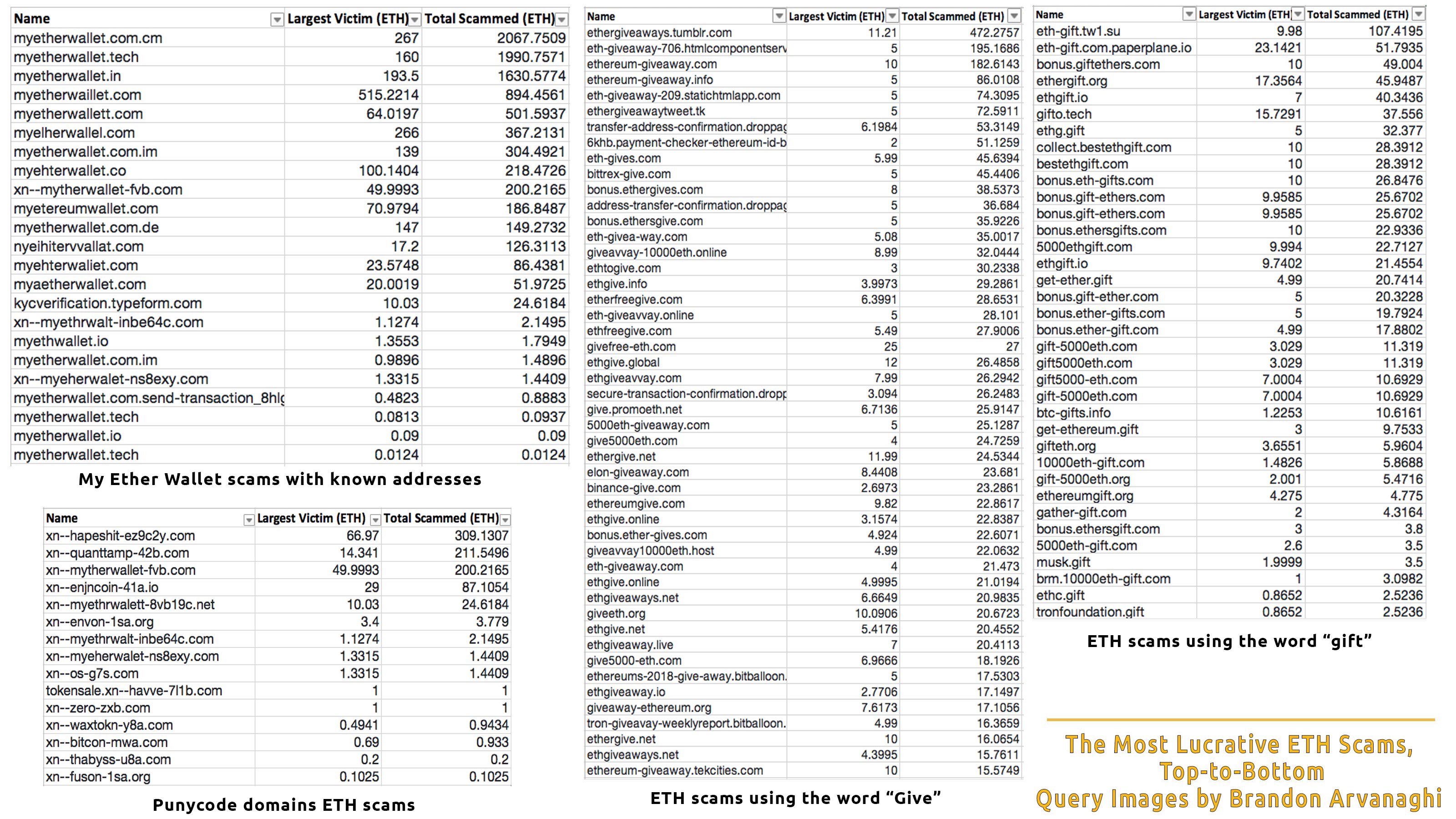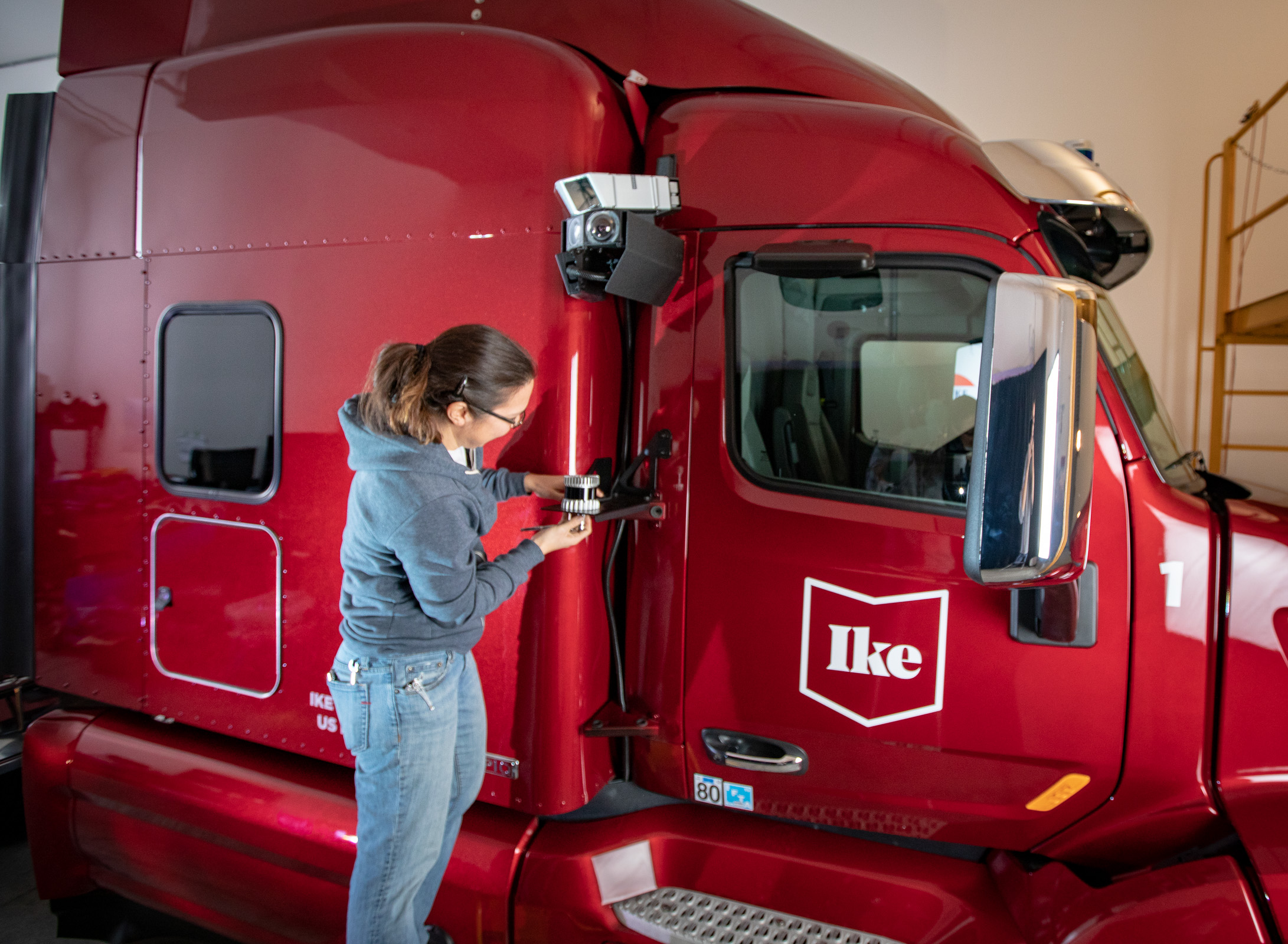//
Ghanaian agri-tech startup Complete Farmer is to expand operations to Ivory Coast this year, while also building its user base with the launch of a mobile application.
Founded in 2017, the MEST-incubated Complete Farmer aims to ensure food security in Ghana while allowing users to earn money from farming remotely.
Users can sponsor farm managers, monitor progress from the comfort of their homes, and earn returns after harvest, as Complete Farmer sells produce to purchasers.
The startup only launched its platform in July of last year, but it has already set ambitious goals for 2019, geared towards doubling its impact in the African agriculture industry and delivering a higher level of satisfaction to users.
Complete Farmer will expand its operations to Ivory Coast by the fourth quarter of the year, which will enable it to grow crops that thrive in specific regions of Africa. As the crops menu increases, Complete Farmer will also increase its database on proprietary crop cultivation protocols by gathering more data through the extension of its field sensory networks for specific crop species.
The expansion will begin with some pilot projects in Ivory Coast to gain a good understanding of farming conditions in the country, with Complete Farmer also exploring other countries in other regions of Africa.
The startup is also working on a mobile application which is expected to further simplify the farming experience for users. The app will incorporate a host of features, including a chatbot for faster customer service, and social media integration to enable users to share photos and videos of their farms. Complete Farmer will also launch its crowd farming service for universities and diaspora communities as it looks to acquire a larger customer base.
“This year is going to be a big year for the company. We are redefining farming and are projecting to reach 90 per cent yield expectation with the new technologies we are introducing. We are working hard to make farming a fun and rewarding lifestyle,” said Complete Farmer chief executive officer (CEO) Desmond Koney.
In terms of production, a major target for the startup in this year is to increase its contribution towards an increased food production by farming 2,000 acres, up from 200 last year. It also aims to grow seven crops for the export market, and irrigate 80 per cent of company farm lands.
“Complete Farmer has started hiring talents to deliver on these promises and to position the company amongst the likes of global giants and to get the whole world farming from the comfort of their homes,” said Koney.
Complete Farmer is one of 10 innovative tech startups from across Africa that will be pitching live on stage at the Africa Startup Summit in Kigali next week. If you are interested in attending, you can get a 20 per cent discount on the cost of your ticket courtesy of Disrupt Africa right here.
The post Ghana’s Complete Farmer to expand to Ivory Coast, launch mobile app appeared first on Disrupt Africa.
from Disrupt Africa http://bit.ly/2RHQVe5











